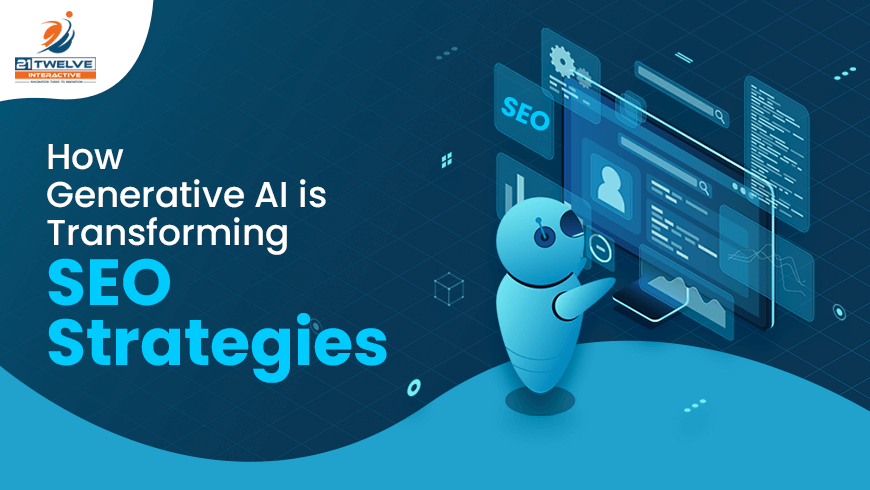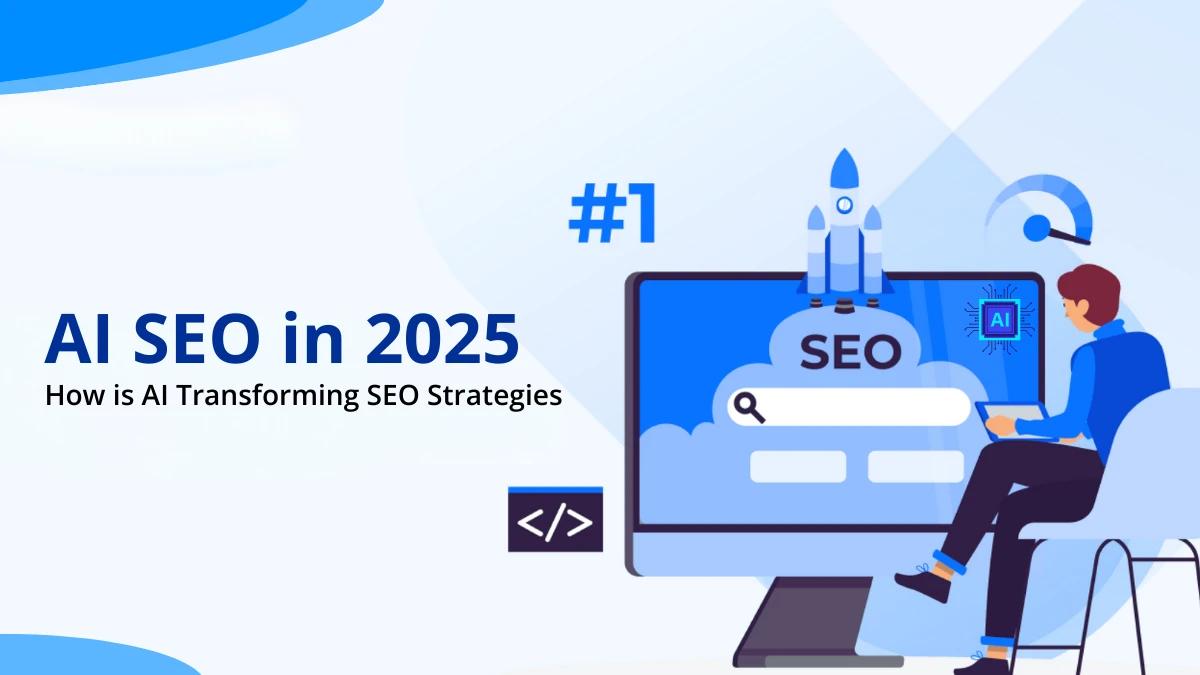AI is transforming SEO strategies by enabling marketers to automate and optimize keyword research, generate and enhance content aligned with user intent, personalize search experiences, and adapt to evolving search formats such as voice and visual search. Marketers need to understand how AI-powered tools unify marketing systems, simplify complex tech stacks, predict search trends, and improve SEO performance metrics to stay competitive in 2025 and beyond.
Key ways AI is reshaping SEO include:
-
Content Creation and Optimization: AI, especially generative AI, helps scale the production of high-quality, SEO-optimized content, including long-form articles and micro-content like metadata and FAQs, which are crucial for organic visibility. It can also enhance existing content to better meet search intent and ranking factors.
-
Keyword Research and Targeting: AI tools analyze vast datasets using natural language processing and machine learning to identify high-value keywords, understand user intent, and predict search trends, allowing marketers to focus on the most impactful keywords.
-
Multi-Platform and Multi-Format Search Adaptation: With AI-powered search evolving beyond traditional text queries to include voice, visual, and conversational search (chatbots and generative search engines), SEO strategies must optimize content for diverse platforms and formats to ensure accessibility and relevance.
-
Automation and Efficiency: AI reduces manual, repetitive SEO tasks such as site audits, metadata optimization, and performance monitoring, freeing marketers to focus on strategy and creativity. This leads to faster, data-driven decision-making and improved SEO outcomes.
-
Personalization and User Experience: AI enables more personalized search results based on user behavior and preferences, requiring marketers to structure content for AI interpretation and dynamic delivery in search results.
-
Unified Marketing Systems: AI helps break down silos within marketing teams by connecting disparate tools and data sources into integrated systems, enhancing collaboration and overall marketing effectiveness.
For marketers, the implications are clear:
- Embrace AI tools to automate and scale SEO efforts while maintaining quality and relevance.
- Optimize content not just for keywords but for user intent and diverse search formats.
- Invest in AI-driven analytics to monitor SEO performance and adapt strategies quickly.
- Prepare for a future where AI-powered search engines deliver conversational, personalized answers rather than simple link lists.
- Stay updated on AI advancements to leverage predictive analytics and maintain competitive advantage.
In summary, AI is not just a tool but a strategic enabler that is fundamentally changing how SEO is planned, executed, and measured, making it essential for marketers to integrate AI into their SEO strategies to thrive in the evolving digital landscape.





